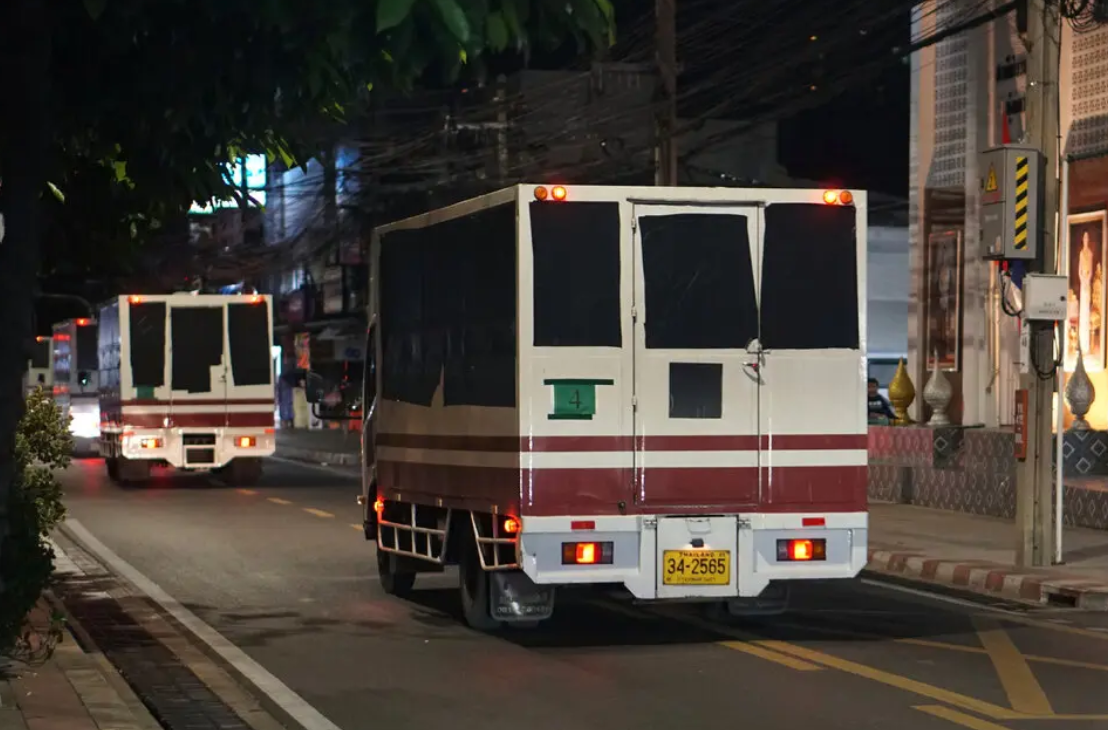
Thailand deported 40 Uighur asylum seekers back to China last week, drawing a sharp rebuke from U.N. officials and activists who had long warned that the men would possibly face torture and long-term imprisonment upon their return.
The deportations were carried out at Beijing's request, despite US lobbying against forced return. The Uighurs, who had been detained in Bangkok for over a decade, were part of a wave of more than 300 people who fled China in 2014, hoping to use Thailand as a transit point to get to Turkey, which is home to a sizable Uighur community. Last month, some of the detainees, who are all men, went on a hunger strike amid fears of being returned to China.
The United Nations’ refugee agency and Volker Türk, the U.N. human rights chief, called the deportations a clear violation of international law. Uighur activists abroad deplored the decision.
Mr. Türk said the asylum seekers had been held in poor conditions in Thailand, with five dying in custody and eight believed to remain in detention.
The plight of the detainees had drawn scrutiny from governments, including the United States, Canada and Japan. During his confirmation hearing for secretary of state last month, Marco Rubio said he would lobby Thailand not to send the Uighurs back to China.
In 2015, when Thailand deported 109 Uighurs to China, the Thai government said that the Chinese government “had guaranteed their safety.” But rights activists said later that a few of the deportees had received long prison sentences, and they were never able to track the whereabouts of the rest.
Read more here


